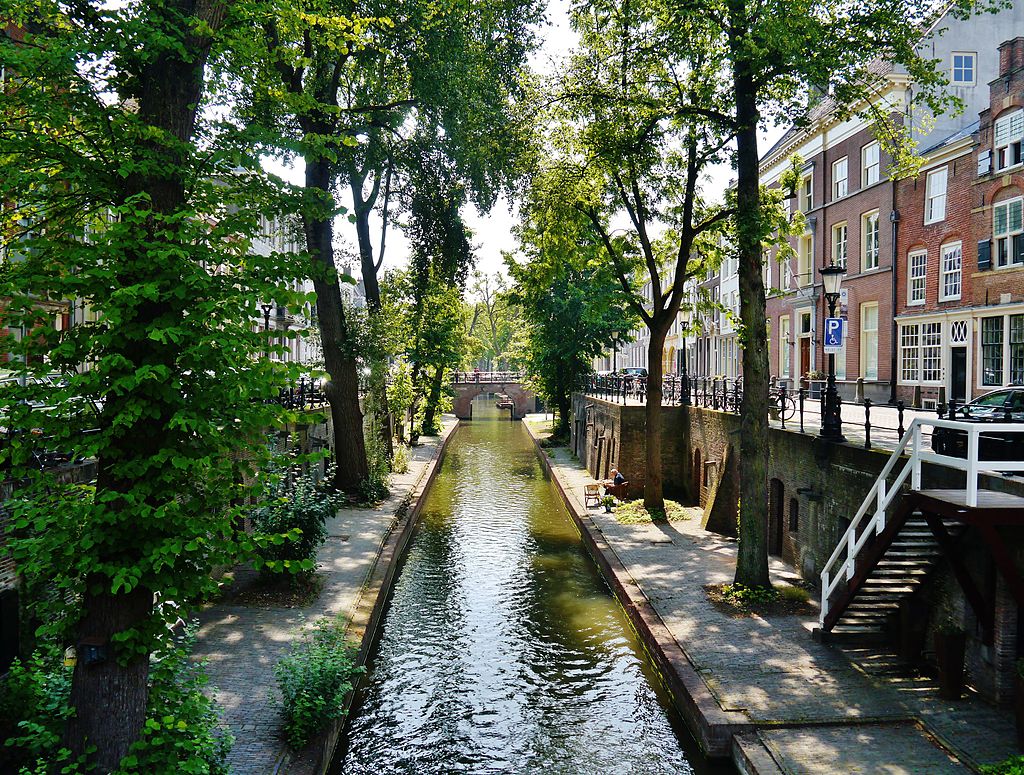Overall Score
The Dutch city of Orzecht has a very old history. The first human beings appeared here in the time of bronze. The city itself appeared in 50 A.D., when it was visited by the soldiers under the command of Corbulon. The city was called Òåêtum, which meant repertoire. The fortified camp housed 500 campers, while the tradesmen and merchants were stationed nearby to provide for their needs. After the decision of the Roman authorities to stop the expedition to the north, the city became one of the important points of reference of the Germanic Limes, a defensive rampart against the invaders. As time went on, the Roman power waxed and waned, and after the withdrawal of the guardian, the city was abandoned.
It is not until the Middle Ages that the pages of the Chronicle show up at Orzecht. This is the first time that one of the kings of France has enshrined a church within the walls of the Roman citadel. An important moment in the history of the city was the establishment of the Episcopate. In spite of the difficult and very tense relations between the citizens and the priests, it was profitable. The city almost went to the brink of collapse when the river flowed. However, local residents broke through the channels, making the town an important transit and trading point.
In the era of Reconstruction and the independence of Northern Ireland, the city was a center of struggle and social and political life. The townspeople were not afraid to oppose the mighty Gábásburgs, destroying the castle of Wrensburg, which they saw as a sign of the Catholic – the Spaniards. In Utrecht the famous Union was signed, which founded the United Nations, from which the modern Holland grew.
The university opens in 1636, an important step in the history and development of the city. But from 1672 on, problems began to grow. Enemy attacks, terrible calamities one after another, wreak havoc on the city, causing great damage and death to its inhabitants. In spite of all these terrible events, Worthington remains an important and major trading point. In spite of religious wars, the city continues to be one of the centers of Catholicism in Holland. The railway tracks were being consolidated, and the city was being strengthened. During the Second World War the city was occupied. It was liberated only on May 7, 1945.
Overall Score
- Air quality: 32 US AQI Good. Air quality is satisfactory, and air pollution poses little or no risk.
- Tap water: Yes, safe to drink
- Religious government: Non-religious
- Population: 330,000 people
- Population density: euro euro not busy: 16x16m 256m per person
- GDP: $45,753 / year
- Foreigners can own real estate: Yes
- Power outlets: 230V50Hz

- Internet: 45 Mbps
- Best wireless: Lebara
- Pay without cash: No, cash only esp. for foreigners because Albert Heijn still doesnt accept CC
- Tipping: In the Netherlands tipping is expected in restaurants for good or exceptional service, around 5-10% of the bill. If the service was average, you can round-up the bill or leave the change. Give your tip to the service person directly. Don’t tip for bad service.
- Apartment listings: Marktplaats
- Apartments: Airbnb
- Hotels: Booking.com
- More hotels: Hotels.com
- Best taxi: Uber
- Best coworking space: Igluu
- Online electronics shop: Cool Blue
- Best hospital: UMC Utrecht
- Best short-haul air carrier: Transavia
- Best intl air carrier: KLM
- Monthly costs for expat: $2600
- Monthly costs for family: $5800
- Monthly costs for local: $1600
- Meal: $12
- Small Cola: $3
- Beer 1 Pint: $6
- Coffee: $4.5
View Larger Map

